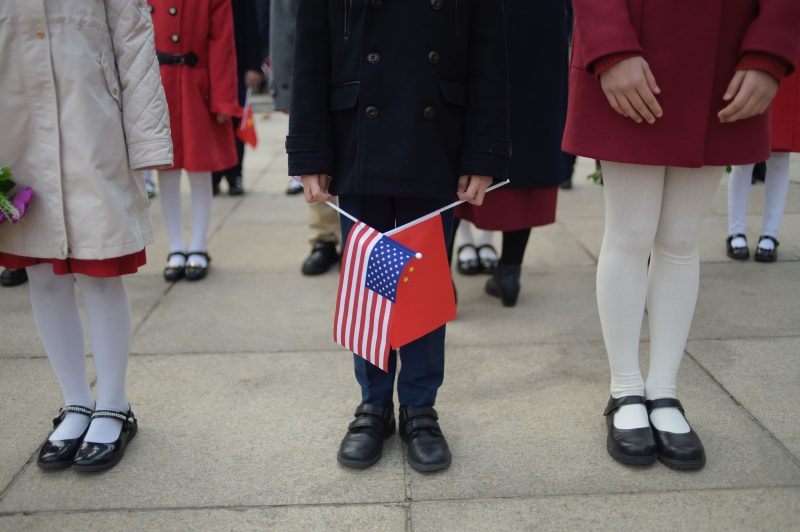
Biden vs. Trump: China’s Dilemma in Restoring Strained Relations
As the relationship between China and the United States continues to be strained, it becomes increasingly evident that neither a Biden nor a Trump presidency offers a clear solution to mend these deep-rooted tensions. The intricate web of economic, political, and strategic interests binding the two superpowers has created a complex dynamic that cannot be easily unraveled by a change in leadership alone.
On the one hand, President Trump’s aggressive stance towards China has brought about significant disruptions to the status quo. His administration’s implementation of tariffs, sanctions, and a confrontational approach on issues like technology transfer, intellectual property rights, and human rights abuses have undoubtedly ruffled feathers in Beijing. While Trump’s America First rhetoric may have resonated with his domestic base, it has also fueled a reactive and defensive posture from the Chinese government, leading to tit-for-tat retaliatory measures that have escalated tensions on multiple fronts.
Conversely, a potential Biden presidency offers a different set of challenges and opportunities in the U.S.-China relationship. While Biden is seen as a more conventional and predictable leader compared to Trump, his administration is likely to prioritize multilateralism and diplomacy in its approach to China. This may provide a temporary reprieve from the unpredictability of Trump’s trade wars and Twitter diplomacy, but it also comes with its own set of complexities. Biden’s emphasis on strengthening alliances and rebuilding international partnerships could lead to a united front against Chinese assertiveness, especially in areas like trade, human rights, and security. However, this could also be perceived as containment by Beijing, potentially triggering a further hardening of China’s position and a deepening of the rift between the two countries.
At the heart of the U.S.-China relationship lies a fundamental clash of interests, ideologies, and ambitions that transcends individual leaders or political parties. The rise of China as a global power and its growing assertiveness in challenging the U.S.-led international order pose a fundamental challenge to American hegemony and values. The U.S., in turn, seeks to maintain its strategic dominance and safeguard its economic interests in the face of China’s expanding influence.
Navigating this complex and volatile landscape requires a delicate balancing act that goes beyond the personalities and policies of individual leaders. It demands a deep understanding of the underlying drivers of the U.S.-China rivalry and a nuanced approach that combines strategic competition with cooperative engagement where possible. Both the U.S. and China must recognize that their destinies are inexorably linked in an interconnected world where zero-sum games only breed further mistrust and conflict.
In the end, the question of whether a Biden or Trump presidency is better suited to mend strained U.S.-China ties may miss the point. The real challenge lies in finding a sustainable and mutually beneficial framework for coexistence and cooperation that transcends the short-term dynamics of electoral politics. Only by embracing a pragmatic and forward-looking approach can both countries hope to navigate the complexities of the 21st-century global order and avoid the pitfalls of a self-destructive spiral of competition and confrontation.
